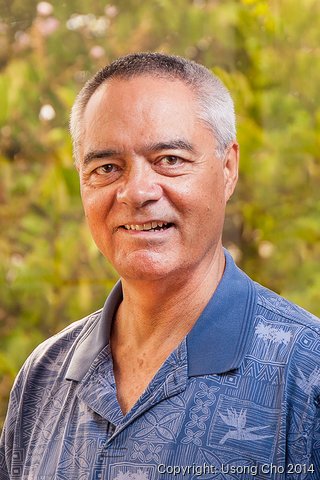The Healthcare Association of Hawaii named Dr. Elliot Kalauawa, Waikiki Health's chief medical officer, as its "Physician of the Year" last month.
"We recognize Dr. Kalauawa for his many contributions to Hawaii's at-risk communities, and for building his career around helping others," said HAH President and CEO Hilton Raethel at the organization's 2019 Awards and Scholarship Gala, where Kalauawa was honored.
HAH is the nonprofit trade organization representing Hawaii’s hospitals, nursing homes, assisted living facilities, home care, and hospice organizations.
Kalauawa, who has been with Waikiki Health for 33 years, was surprised to receive the honor, and said he doesn't enjoy the attention on himself as much as recognizing the good work of the clinic as a whole.
"I like to focus on the patients, so when someone receives an award, it is the entire agency that receives it," Kalauawa told Pacific Business News.
Kalauawa was one of the few early Native Hawaiian physicians to join the organization in 1986. He oversees Waikiki Health's core service, primary medical care, providing direct patient services while also training family practice and internal medicine residents, physician assistants, nurse practitioner interns and medical student interns.
"Something that I always tell our students is that, 'we don't treat diseases, we treat people,'" he said.
How was the transition from private practice to Waikiki Health? It was an easy transition. I grew up in low-income housing and was able to relate to my patients in that way. There's this stereotype around doctors and their background that I sort of broke. As a kid, I always wanted to be a doctor and it was really great to work one-on-one with these patients since I'm a people person. I enjoy working in primary care to truly get to know people. I also specialize in HIV treatment.
What's been the biggest change in the industry you've seen over the years?
I've seen this more and more: third parties trying to tell physicians how to practice. In the 1980s, Medicare limited how long you could keep a patient in the hospital; when an MRI or CT scan got delayed, there was nothing you could do about it. I learned to work with what I have.
There's this saying: "When you're on a river rowing a boat, you use the oars you have." So I guess the biggest change has been transitioning from independence to having to get approval for everything, which widens the gap. Health care is geared more toward the wealthy – it's not just homeless people who are struggling, but it's working people, too. The biggest challenge we face today is mental health and substance abuse issues ... and it keeps getting progressively worse.
What advice would you give to someone looking to get started in this field?
Be committed to helping people. Medicine is not a nine-to-five job, it's a way of life.
